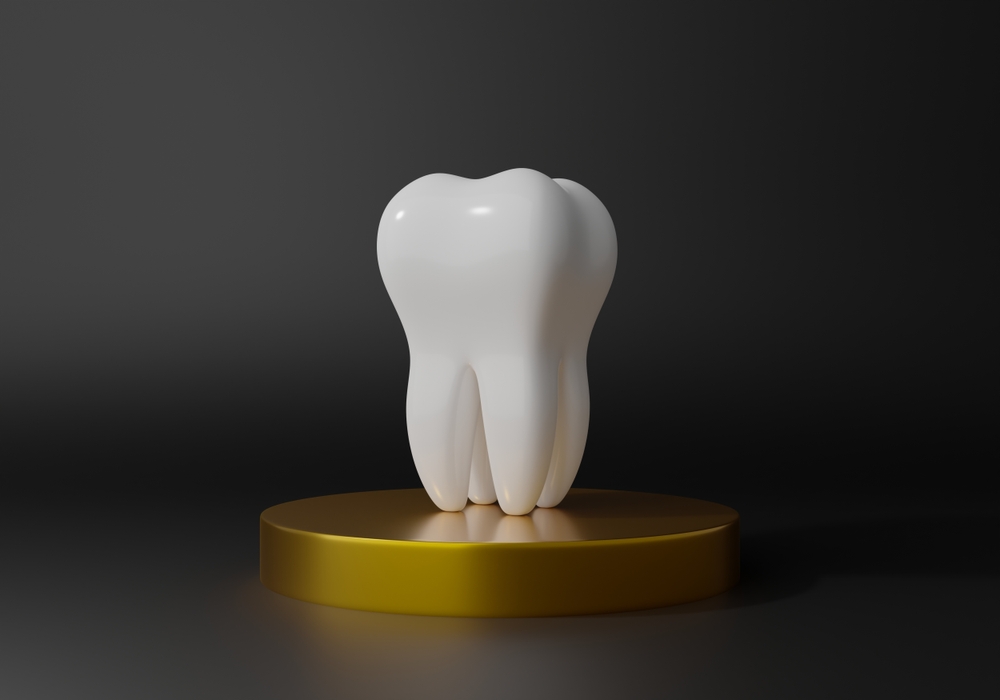
Regular dental cleanings are essential for maintaining good oral health, but sometimes, a deeper level of cleaning is necessary. This is known as a "deep cleaning" or "scaling and root planing," and it's a more intensive procedure that removes plaque and tartar buildup from below the gum line.
Why is Deep Cleaning Necessary for Oral Health?
Plaque and tartar accumulation can lead to the development of gum disease, also known as periodontitis. This condition can cause the gums to become inflamed, bleed easily, and even pull away from the teeth, creating pockets where more bacteria can thrive. If left untreated, gum disease can eventually lead to tooth loss. Deep cleaning is necessary to remove the plaque and tartar that has built up in these hard-to-reach areas, helping to restore the health of your gums and prevent further damage.
Signs and Symptoms You Need Deep Cleaning
There are several signs and symptoms that may indicate you need a deep cleaning:
Bleeding gums: If your gums bleed easily, especially when brushing or flossing, it may be a sign of gum disease.
Persistent bad breath: Ongoing halitosis (bad breath) can be a sign of an oral health issue, such as gum disease.
Receding gums: If your gums appear to be pulling away from your teeth, it may be a sign of advanced gum disease.
Loose teeth: As gum disease progresses, it can cause the teeth to become loose and even fall out.
Tender or swollen gums: Inflamed, tender, or swollen gums are a common symptom of gum disease.
If you're experiencing any of these signs, it's important to schedule an appointment with your dentist to determine if a deep cleaning is necessary.
What to Expect During a Deep Cleaning Appointment
Your dentist will start with a thorough examination of your mouth. They will use a probe to measure the depth of your gum pockets and may take X-rays to assess the health of your jawbone and detect any areas of bone loss.
To ensure your comfort during the procedure, local anesthesia will be administered to numb the treatment area. This step helps minimize any discomfort during the cleaning process.
Scaling involves removing plaque and tartar (hardened plaque) from the tooth surfaces and beneath the gumline. Using specialized tools such as ultrasonic scalers and manual instruments, your dental professional will meticulously clean each affected area.
Root planing smooths out the rough surfaces of the tooth roots. This step helps remove bacterial toxins and promotes the reattachment of the gums to the teeth, reducing gum pockets and preventing further bacterial colonization. Your dentist may use an antimicrobial solution to irrigate the gum pockets. This helps reduce bacteria and promotes healing.
After the procedure, your dentist will provide you with specific instructions for post-treatment care. This may include:
Pain Management: Over-the-counter pain relievers may be recommended to manage any discomfort.
Oral Hygiene: Maintaining good oral hygiene is crucial. Brush and floss regularly, and consider using an antiseptic mouthwash.
Diet: Avoid hard, crunchy, or sticky foods for a few days to allow your gums to heal.
Follow-Up Appointments: Schedule follow-up visits to monitor your progress and ensure the effectiveness of the treatment.
The Benefits of Deep Cleaning for Oral Health
There are several benefits to undergoing a deep cleaning procedure:
Improved Gum Health: By removing the plaque and tartar buildup below the gum line, a deep cleaning can help to reduce inflammation and promote the reattachment of your gums to your teeth.
Reduced Risk of Tooth Loss: Untreated gum disease can eventually lead to tooth loss. A deep cleaning can help to prevent this by addressing the underlying issue.
Fresher Breath: Removing the bacteria and plaque that contribute to bad breath can help to improve your overall oral hygiene and freshness.
Reduced Risk of Other Health Issues: Gum disease has been linked to an increased risk of other health conditions, such as heart disease and diabetes. By addressing gum disease through a deep cleaning, you may be able to reduce your risk of these related health issues.
Get in Touch with bty DENTAL Today
A deep cleaning at the dentist is an important procedure for maintaining good oral health and preventing the progression of gum disease. By understanding what to expect during the process and the benefits it can provide, you can be better prepared to take charge of your oral health and enjoy a healthy, beautiful smile for years to come.
If you're experiencing signs of gum disease or need a deep cleaning, contact bty DENTAL to schedule an appointment. We can help you get your oral health back on track and prevent further complications. Visit any of our nine locations in Anchorage, Alaska, or call (907) 333-6666 to book an appointment today.
















